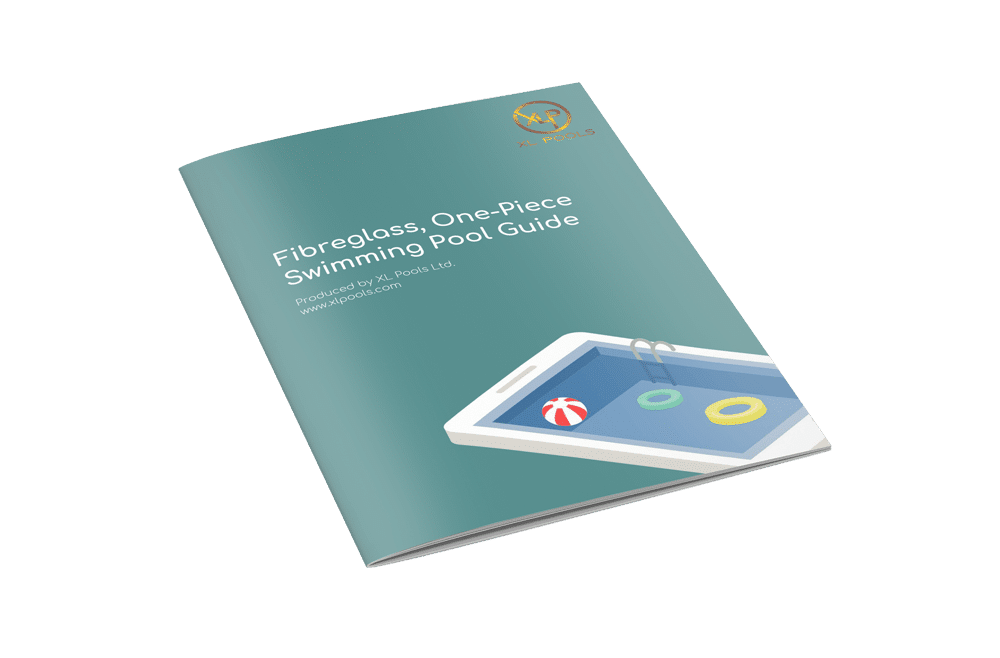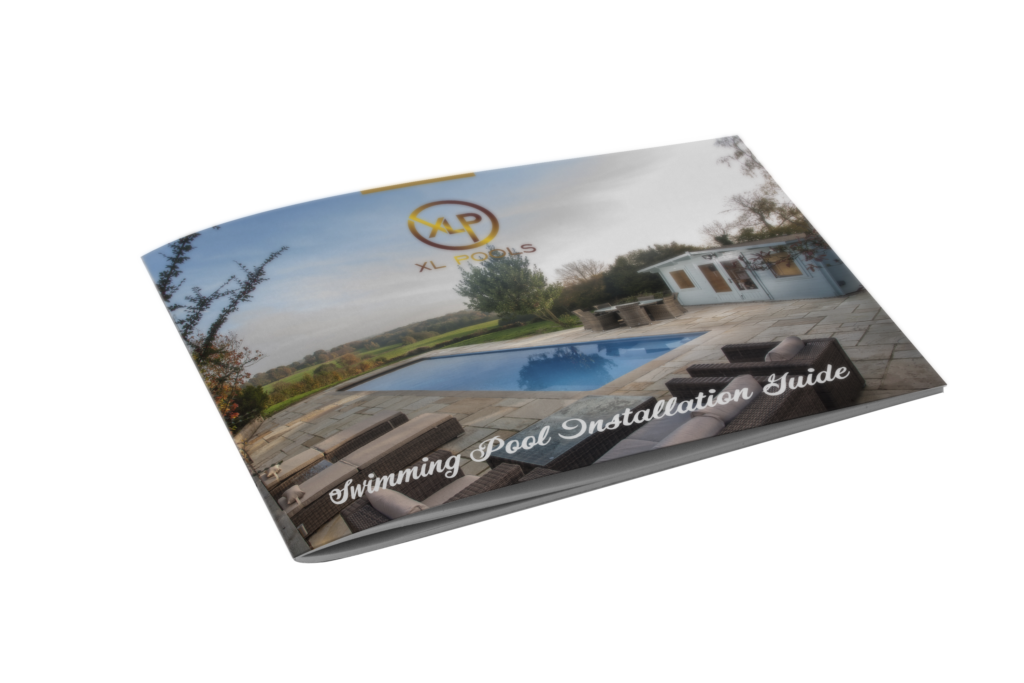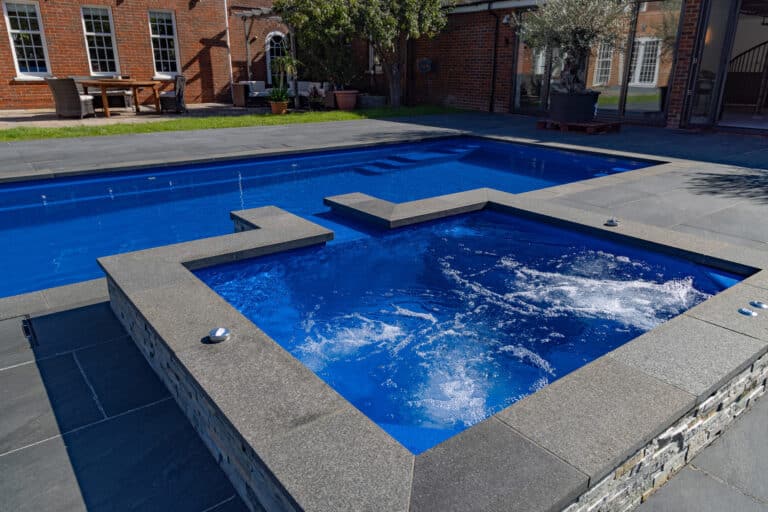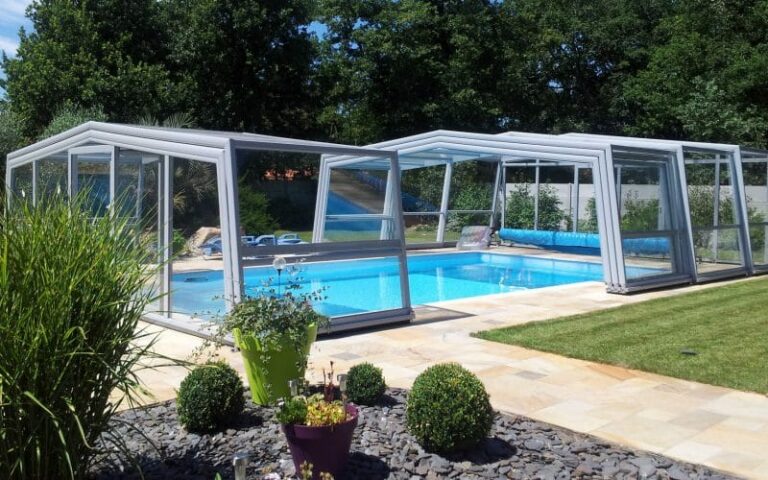The idea of a saltwater pool is not a new one. In fact, saltwater pools have been around since the 70’s however in recent years their popularity has grown rapidly and for good reason too. Saltwater is gentler on skin, hair and eyes and is also healthier than chemical-based chlorine.
If you have considered converting to saltwater for your pool and receive all of these benefits, then you will be pleased to know that the conversion process is not as difficult as you might imagine.
The Problem with Chlorine.
The problem with chemical based chlorine is the compounds that are created when chlorine comes into contact with contaminates called chloramines. Chloramines can be harmful in two different ways:
1/ Chloramines aren’t effective in disinfecting water like chlorine therefore this reduces the ability for your pool to keep clean.
2/ Chloramines are the source of the irritation to eyes, skin and lungs. Strong chloramines can build up in the air surrounding a pool and this is the smell that many (incorrectly) attribute to chlorine.
If you are regularly exposed to chlorine, you can start to develop an allergy or sensitivity to it causing rashes, hives and itchy skin. Many people with respiratory problems such as asthma may find their problems being exacerbated by frequently being exposed to chlorine in a pool.
Another typical problem people complain about chlorine is green hair! Although chlorine isn’t specifically the cause of this problem it comes from copper, typically found in chlorine tablets (which work as an algicide) which causes the problem. Switching to a saltwater pool will lower the likelihood of green hair.
A quick note on the green hair problem, it is best to get a test done for heavy metals. High levels of copper in your pool could be down to algicide added to the pool and you should consider a non-copper alternative.
Why Saltwater?
With the knowledge you have learned bout chlorine, what makes saltwater such a good alternative?
1/ Saltwater pools are gentler to your body than chemical chlorine.
Moving away from harsh chemicals must be better right? Definitely, but the important thing to understand is that saltwater pools are not chlorine free. The presence of salt in the water does however reduce the irritation caused by chemical chlorine.
A saltwater chlorinator creates chlorine to sanitate your pool however the difference is that the chlorine is produced at a stable rate which prevents the formation of chloramines.
2/ Saltwater pools cost less to maintain.
Whilst a saltwater pool isn’t completely “hands free” pool care it is a lot less intensive than chemical chlorine. Firstly the cost of salt is a lot less than the cost of chlorine. The up-front costs however are a lot more, so the cost ratio should be looked at as a long term investment, for a lot of people however, the benefits of saltwater will take precedence in the decision to convert to saltwater.
The other investment that many saltwater pool owners should look at investing in is a salinity reader. This handy gadget will allow you to check how “salty” the pool is and give an indication is additional salt needs to be added.
It’s Not Like the Sea
One common mis-conception about saltwater pools is that the water will taste and feel like sea water. This isn’t the case. Sea water is approximately 35,000 parts per million (ppm) whereas saltwater pools are typically 3,000 ppm. The result of this is that the water in the pool will become quite soft and you typically wouldn’t even notice the difference. In fact you would be likely to not even taste the salt, although we don’t recommend drinking any type of pool water!
Once further benefit which has been commented on by our engineers and customers alike is the clarity of a saltwater pool seems to be much better than a chlorine pool.
Salt is not for everyone
One concern that does need to be taken into consideration is the current equipment in your pool system. Not all pumps and heaters are salt compatible. It is best to do your research before purchasing a chlorinator. Salt also can cause corrosion on stainless steel. A zinc sacrificial anode may help reduce this problem so make sure that if you do decide to go saltwater to add this to your shopping cart.
The conversion process
The conversion from chlorine to saltwater is incredibly simple. You won’t need to drain the pool, do any special treatments or water changes. To convert to salt you simply need to pour in the correct dosage of salt into the pool and stir it up with your pool brush. We recommend lining the salt bags on the edge of the pool and running a sharp blade across the end of each bag (being very careful especially if you have a liner pool) and pouring the bags in. Then simply take your pool brush and start moving the salt around to get it to dilute. The pool will become very cloudy for a while, make sure to keep your pump on constantly throughout this process.
Installation of the chlorinator should be done by a professional but if you do decide to go DIY then make sure you understand and fully read the instructions before installation.
After a day or two of running the salt through the pool you will want to test the pool water and see how things are going. Test for free chlorine, pH, cyanuric acid, alkalinity, calcium hardness and salt content. You will want to make adjustments to the production of the salt water generator so that you keep a level 3ppm of chlorine just like you would expect with a typical chlorinated pool.
Once your water has been balanced to the correct levels then you are ready to experience saltwater swimming. Enjoy!







